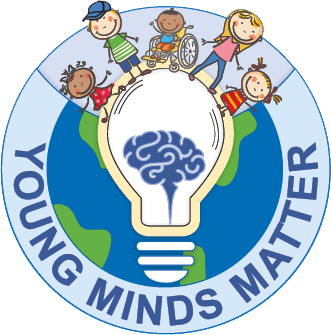Is there anyone I can talk to?
If you are worried about the mental health of your child or a young person you care for it is important you talk to someone about this. This may be:
- a teacher at school
- the school nurse
- a social worker if you have one
- your family GP.
Even if they cannot offer advice themselves they will be able to help you to access support from someone who can.
In an emergency situation telephone 999 or go to the Accident and Emergency department at your local hospital.
There are lots of websites and helplines that offer support to parents.
Young Minds (national third sector organisation) offer free confidential online and telephone support and advice to any adult worried about the emotional problems, behaviour or mental health of a child or young person up to the age of 25 years old. Telephone 0808 8025544
Worried about your child?
In recent years our expectations of children have increased and our ideas about what makes a ‘normal’ child narrowed. This puts more pressures on children and more pressures on parents. Finding yourself anxious and concerned about whether your child is going to meet these demands and whether you as a parent can cope or help them achieve this, has become a common experience.
Losing faith in your capacity as a parent is now common. This does not mean you have ‘failed’ or should feel guilty. Far from it. Good parents worry about their children and look for ways to improve things for them. It does mean however, that sometimes in these ‘pressure cooker’ conditions that modern life has created, it becomes harder than ever to remember what you can do. Parents can get confused by the varieties of advice available (particularly from professionals).
Below we include some advice on how you can help your child with their wellbeing .
Five simple things to try to help your child's wellbeing

The Royal College of Psychiatry has published a toolkit for surviving the health and behaviour changes that occur during adolescence.


